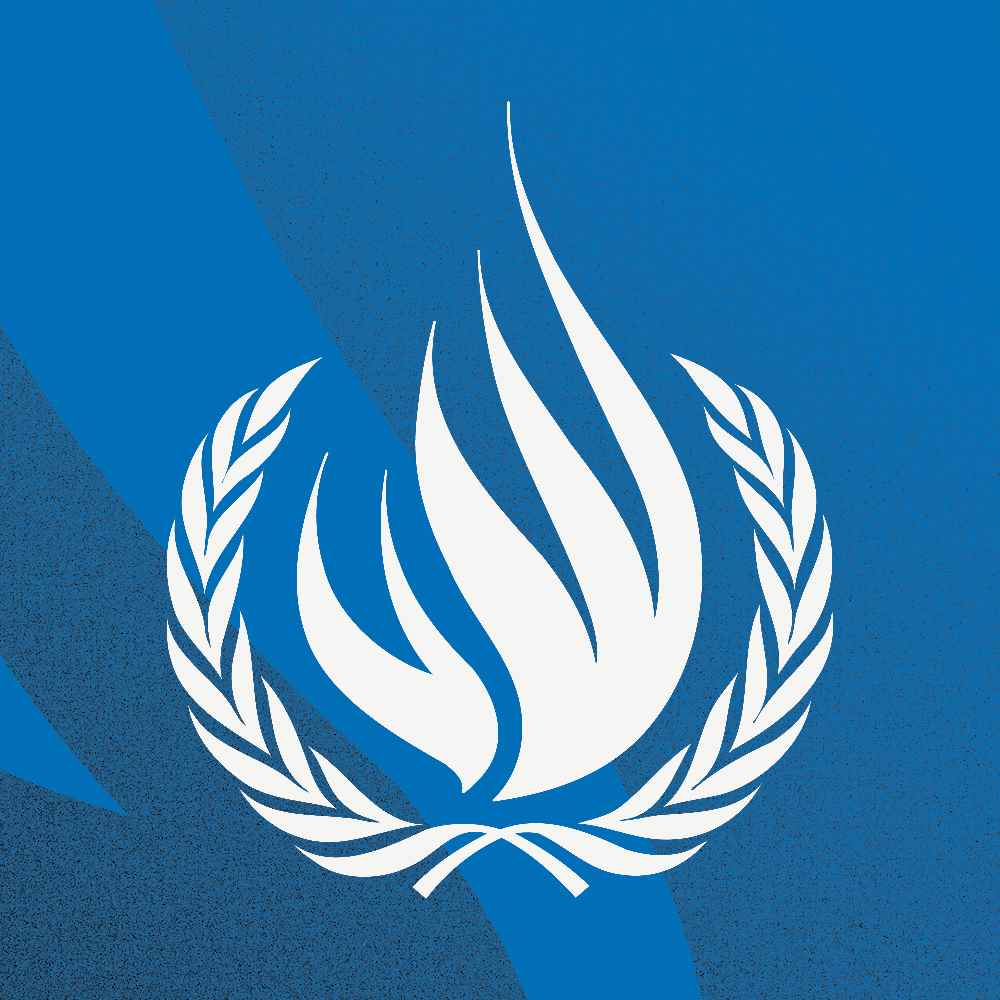
GENEVA – Renewing the humanitarian exemption to the Security Council’s counter-terrorism sanctions is essential to ensuring the live-saving flow of humanitarian relief to civilians in need, an independent human rights expert said today. Ben Saul, the Special Rapporteur on the promotion and protection of human rights and fundamental freedoms while countering terrorism, issued the following statement in advance of Security Council discussions in early December:
“I urge Security Council members next month to indefinitely renew the humanitarian exemption to the Council’s counter-terrorism sanctions.
In a widely welcomed move, in 2022 the Security Council adopted resolution 2664, which created an exemption to the assets freezes in all Council sanctions to allow funding, goods and services for humanitarian assistance or other basic human needs. The exemption was limited to two years for the Council’s counter-terrorism sanctions against Al Qaeda, the Islamic State in the Levant and their associates, under resolution 1267 (1999) and other resolutions. That exemption is shortly due to expire and will be reconsidered by the Security Council in early December 2024.
In the past two years, the exemption has vitally enhanced the flow of humanitarian relief to the 110 million civilians living in areas affected by counter-terrorism sanctions. These include conflicts in Afghanistan, Democratic Republic of the Congo, Iraq, Libya, Sahel, Syria and Yemen.
The exemption has given legal and operational certainty, predictability and confidence to humanitarian actors, donors and the financial sector that humanitarian activities are lawful. Humanitarians have found it easier to make payments. Donors have been more willing to give funds. Bank ‘de-risking’ and over-compliance are less prevalent.
There is no evidence that the exemption has led to more diversion of humanitarian assistance to terrorist groups. Humanitarian organisations already have strong and effective measures in place to prevent aid diversion and are subject to stringent regulatory controls. The Security Council exemption only applies to highly professional, reputable organisations. Humanitarians share the interest of states in ensuring aid only reaches those in need.
In armed conflicts, international humanitarian law requires all states to facilitate the rapid and unimpeded delivery of humanitarian assistance. Counter-terrorism measures can never justify denying humanitarian relief to civilians. An indefinite renewal of the exemption is essential to permanently remove barriers to humanitarian action and to provide continuity, certainty and simplicity to all involved.
An indefinite renewal would also enhance the legitimacy and credibility of the Security Council’s counter-terrorism efforts and reassert the Council’s commitment to international law, including human rights, humanitarian law and protection of civilians.”
*The expert: Ben Saul, Special Rapporteur on the promotion and protection of human rights and fundamental freedoms while countering terrorism.
The Special Rapporteurs, Independent Experts and Working Groups are part of what is known as the Special Procedures of the Human Rights Council. Special Procedures, the largest body of independent experts in the UN Human Rights system, is the general name of the Council’s independent fact-finding and monitoring mechanisms that address either specific country situations or thematic issues in all parts of the world. Special Procedures’ experts work on a voluntary basis; they are not UN staff and do not receive a salary for their work. They are independent from any government or organization and serve in their individual capacity.
For more information and media requests, please contact hrc-sr-ct@un.org.
For media enquiries regarding other UN independent experts, please contact Dharisha Indraguptha (dharisha.indraguptha@un.org) or John Newland (john.newland@un.org)
Follow news related to the UN"s independent human rights experts on X: @UN_SPExperts












